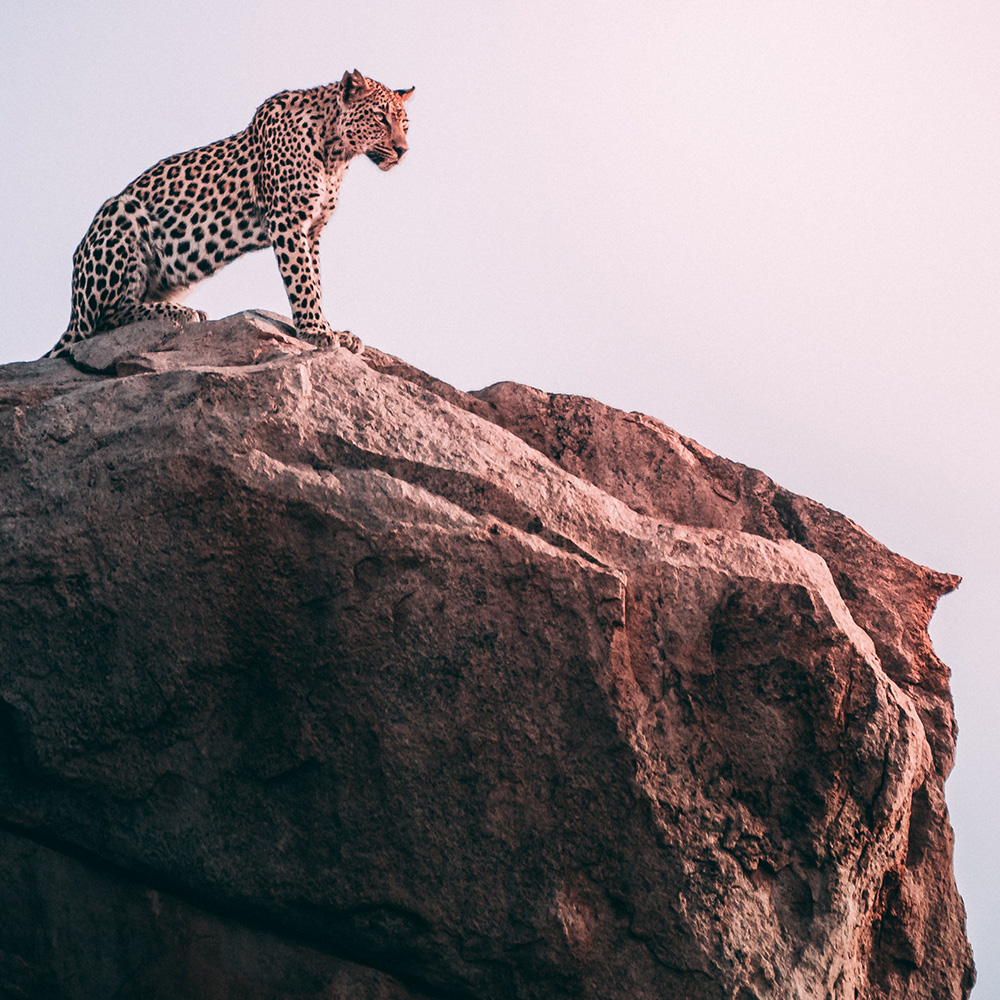Key Points:
- In a number of African countries, the trophy hunting of large felids is an important revenue generator for landholders, governments, and in some cases communities.
- The hunting of large felids is especially profitable but they are sensitive to harvest, as the killing of prime-aged, dominant males can lead to infanticide and lowered reproductive success.
- If trophy size results in an increase in trophy price, then interventions that improve average trophy size could confer elevated earnings. This is particularly true if such interventions increased the number of failed hunts such that the same tag can be sold more than once.
- Our results suggest that hunters do not value leopard trophy size above other factors, which could hinder the implementation of more sustainable, age-based leopard hunting regulations.
